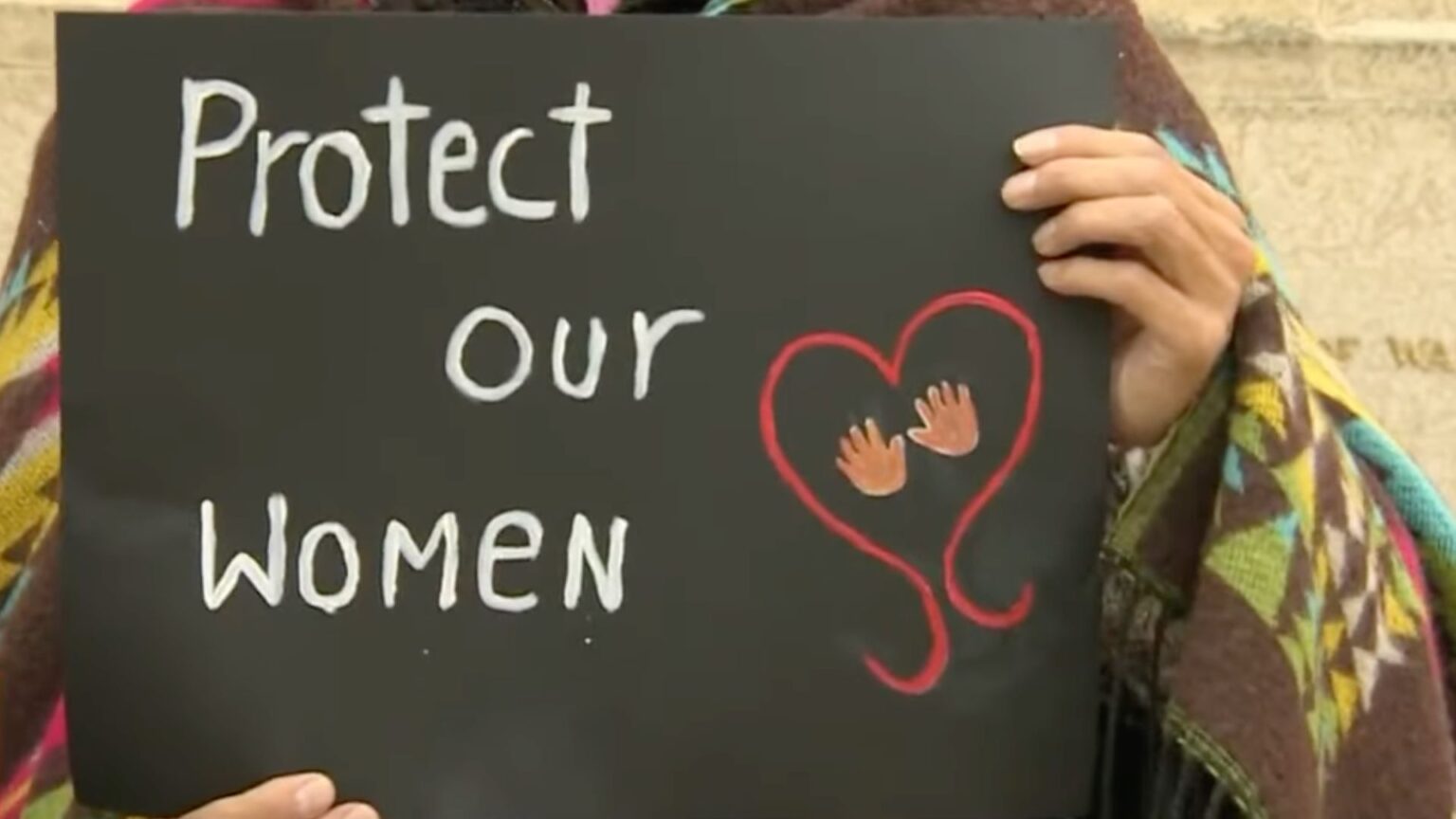This is a phenomenon that had not yet been studied and documented. In Quebec, a report has just been published on the forced sterilization of First Nations and Inuit women. Practices that fit “in a continuum of colonial violence that persists to this day”can be read in the document since its introduction.
In total, the School of Indigenous Studies attached to the University of Quebec in Abitibi-Témiscamingue has collected 35 testimonials in 2021. Poorly or poorly informed patients and rushed medical procedures report: “Among the testimonies collected, nine concern forced sterilization, thirteen concern forced sterilization and other obstetric violence, six concern obstetric violence without forced sterilisation, three refer to forced abortion and four tell of acts committed on a family member or in the context of their work. »
If the theme emerges today, it is in particular through the Voice of Aboriginal Women in the Province of Saskatchewan in 2013, sterilized against their will. Their stories have created a shock wave, allowing the opening of inquiries into the practices of health professionals. A working group on cultural competence in health was set up, which the government refused to join.
It allows us to observe two main problems “the concept of free and informed consent” And “the study of racism and systemic discrimination suffered by Aboriginal women within the health system”.

The reflection of a deep-rooted racism
“I would have liked to be treated like other non-indigenous patients, because I could already see when I was in the waiting room, I could already see racism”said another witness.
These medical practices are too a reflection of systemic racism persistent in Canada. Stereotypes about Aboriginal women underlie this desire control the fertility of this population :
“This fertility control is rooted in persistent and pernicious misconceptions, such as the Welfare Queen’s misconception that some women become pregnant repeatedly to receive financial support from the state, or portray women how carefree.”
The Welfare Queen stereotype has been used in the United States in particular to demonize and denigrate black women, portrayed as having free morals, considered lazy and accused of taking advantage of social assistance.
A persistent taboo
Several stories in the report are chilling because they show a complete lack of ethics and respect for patients on the part of doctors: one woman says his sister had a tubal ligation without his consent when she was hospitalized for tonsil surgery. A similar story to this other witness, who came in for bladder surgery: “I developed an infection and the surgeon came to see me about three days after the operation and said, ‘well, while I was at it I decided to remove your uterus.’ It was the first time anyone told me about it.”
Violence that has had consequences on the intimate life of these women, on their health, on their relationship with the medical profession, to which is added the weight of secrecy: “Even years later, the fear of judgment is still ingrained in them. Silence, taboo, denial and loneliness have meant that this part of their life has long since been buried. For some, it was the first time they had talked about what they had experienced. »
Since July 2022, the Senate has been considering a law to punish these practices. A committee is also calling for official recognition of this violence, as well as compensation for the victims.

Photo credit: Alexander Gray via Unsplash
Source: Madmoizelle
Elizabeth Cabrera is an author and journalist who writes for The Fashion Vibes. With a talent for staying up-to-date on the latest news and trends, Elizabeth is dedicated to delivering informative and engaging articles that keep readers informed on the latest developments.




